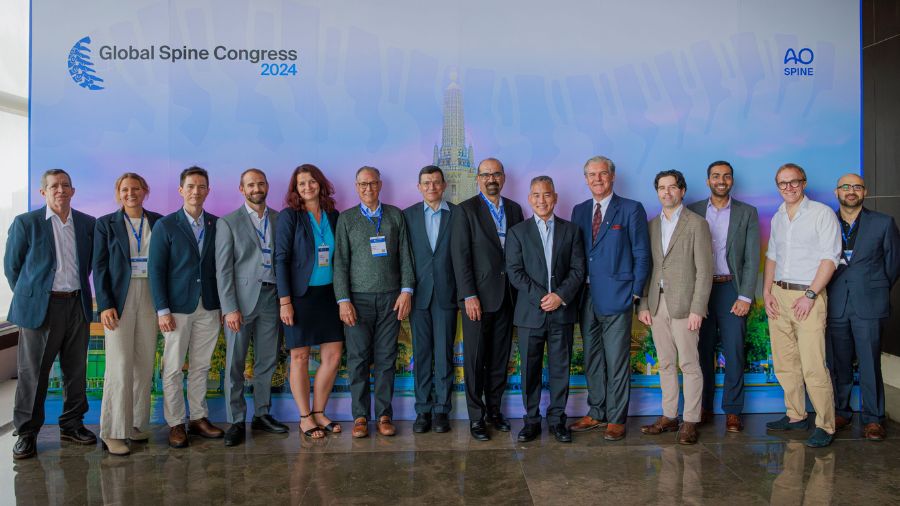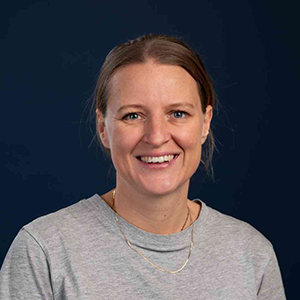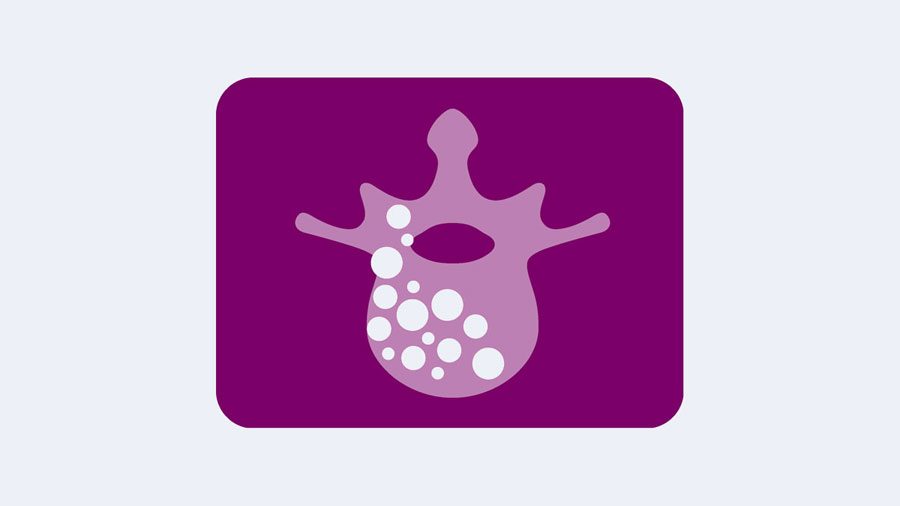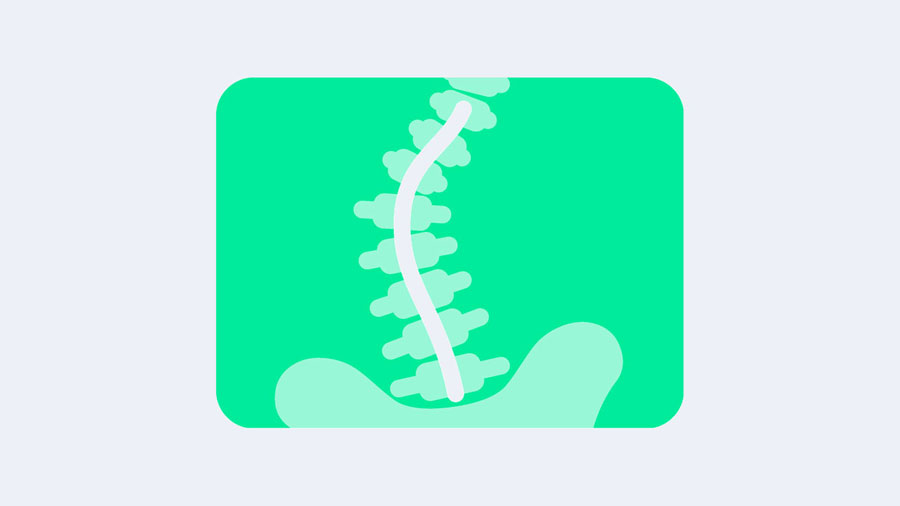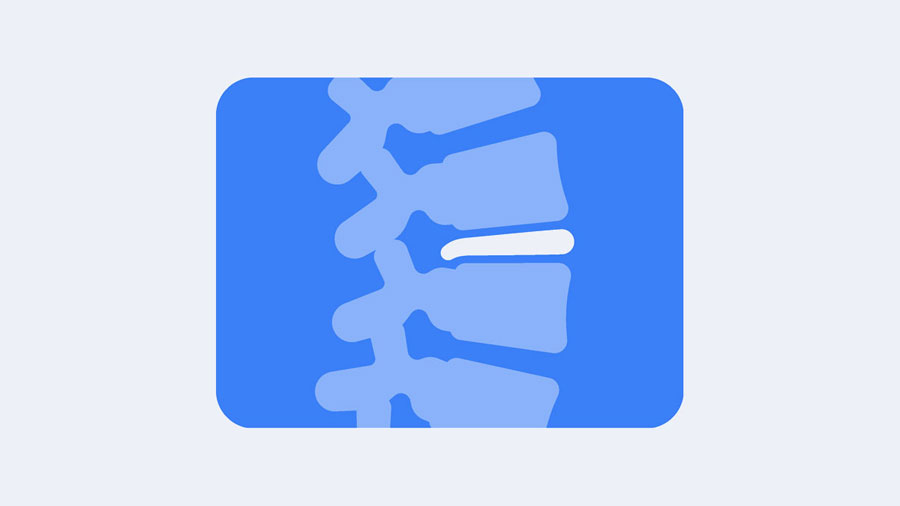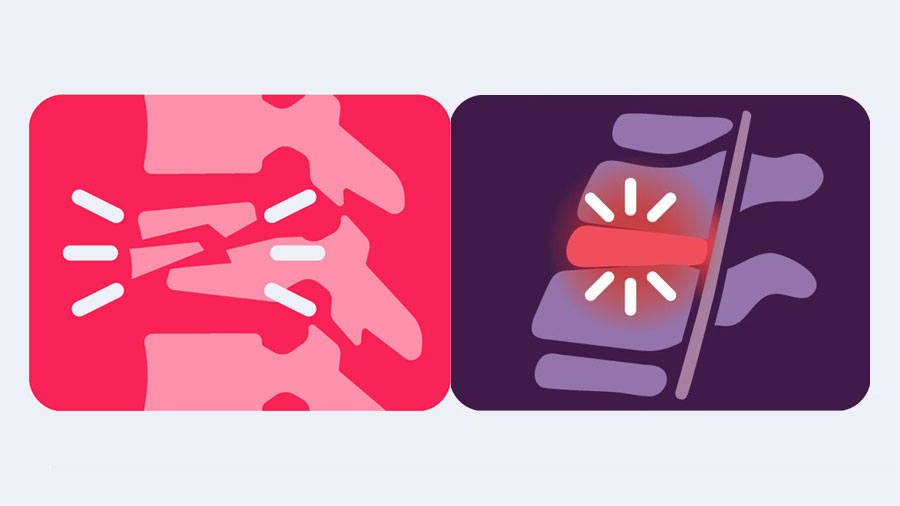AO Spine Knowledge Forum Spinal Cord Injury (SCI)
How the AO Spine Knowledge Forum SCI improves patient care
AO Spine Knowledge Forum Spinal Cord Injury (KF SCI) is an international group of dedicated spine surgeons who seek to define new treatment approaches and address critical knowledge gaps to enhance outcomes for both traumatic and non-traumatic spinal cord injury patients by performing research projects that bring significant impact to the spine surgeon community.
They will do this by addressing the following knowledge gaps:
- Central cord pattern of incomplete tetraplegia in the setting of a mechanically stable cervical spine: what is the role of early surgery?
- What tools could be used to better understand and characterize a cord injury? For example, MRI, intraoperative ultrasound?
- What is the best way of achieving decompression?
- What additional guidelines are necessary for surgeons treating SCI patients?
- Filling the knowledge gaps in degenerative cervical myelopathy (DCM) through the AO Spine RECODE project.
Practical tools for clinicians developed by the Knowledge Forum SCI
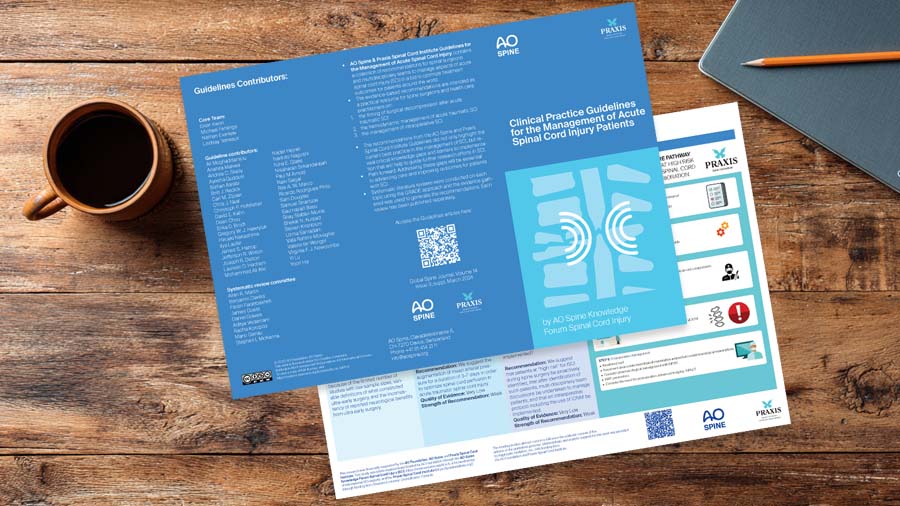
Guidelines for the Management of Acute Spinal Cord Injury
A new set of clinical practice guidelines has been published by the AO Spine Knowledge Forum Spinal Injury and the Praxis Spinal Cord Institute in 2024. They combine top evidence and expert opinions to offer clinicians evidence-based treatment recommendations for the following topics:
- The role and timing of surgical decompression after acute traumatic SCI;
- The hemodynamic management of acute traumatic SCI; and
- The definition, diagnosis, and management of intra-operative SCI.
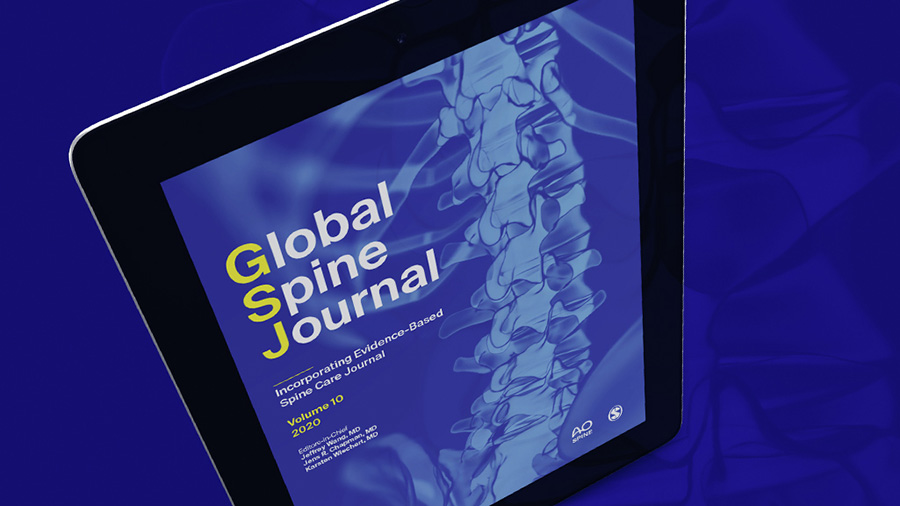
Guidelines for the Management of Degenerative Cervical Myelopathy and Traumatic Spinal Cord Injury
In 2017, the AO Spine Knowledge Forum Spinal Cord Injury developed a set of clinical practice guidelines for the management of Degenerative Cervical Myelopathy (DCM) and Traumatic Spinal Cord to support clinicians in their decision-making.
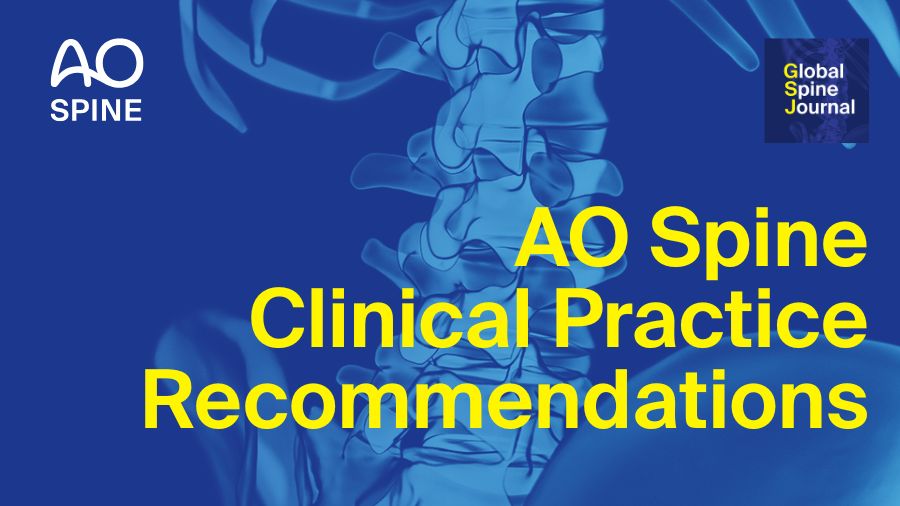
Degenerative Cervical Myelopathy
The key current topics related to DCM are reviewed and provide evidence-based clinical practice recommendations.
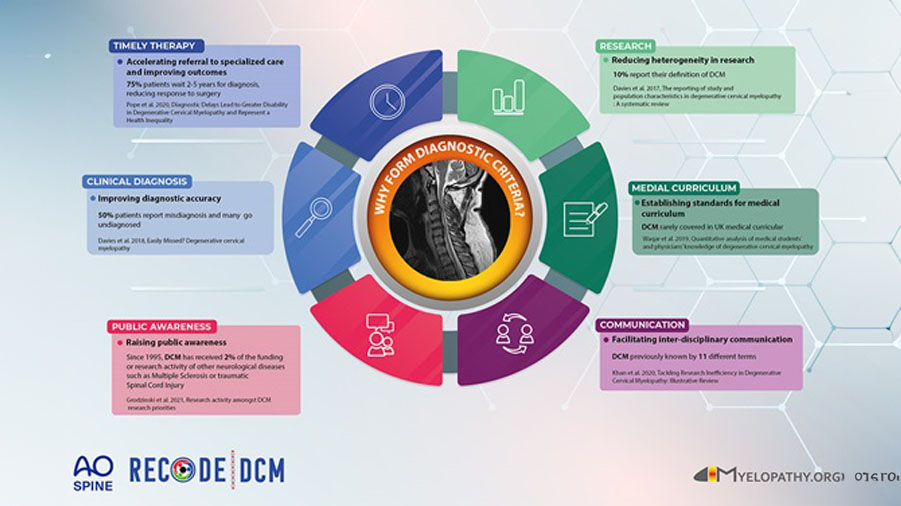
RECODE-DCM 1.0
Anyone looking to perform robust, comparable, and focused research on Degenerative Cervical Myelopathy (DCM) should consult the RECODE-DCM 1.0 Research Toolkit. It includes:
Ongoing research projects
-
* I-SCRIBBLE: The International Spinal Cord Injury Blood Biomarker Longitudinal Evaluation Study—A Multicenter Prospective Observational Diagnostic Accuracy Study
Principal Investigator:
Brian Kwon
Co-Principal Investigator:
Shekar Kurpad, Lukas Grassner
Goals:
The primary objective of this study is to determine the accuracy of serum NF-L and GFAP levels (i.e., the biomarkers) at different time points postinjury for predicting the severity of neurologic impairment at 6 months postinjury as either motor complete (AIS grade A/B) or motor incomplete (AIS grade C/D)
ClinicalTrials.gov Identifier: NCT06839300
Remark:
This project stems from “SCRIBBLE”, a study led by the Principal Investigator, and is funded through a U.S. Department of Defense grant
-
Motion Preserving Surgery for Degenerative Cervical Myelopathy: A KF SCI & AO Spine North America Focus Issue
Principal Investigator:
Jefferson Wilson
Goals:
To review and summarize the existing evidence surrounding motion preserving surgical procedures for the treatment of degenerative cervical myelopathy
Remark:
This project is in collaboration with AO Spine North America.
-
Diffusion and Adoption of the AO Spine/Praxis Guidelines 2024: An AO Spine Survey
Principal Investigators:
Mario Ganau, Valerie ter Wengel, Vafa Rahimi-Movaghar
Goals:
To survey the AO Spine community to assess the diffusion of the AO Spine/Praxis guidelines SCI guidelines and barriers to their adoption in order to support their integration into clinical practice
-
AO Spine RECODE-DCM 2.0 ACT for NOW: Accelerating Creation and Translation of Knowledge for Degenerative Cervical Myelopathy (DCM)
Principal Investigator:
Benjamin Davies
Goals:
This is an extension of the RECODE-DCM 1.0 initiative, which identified the Top 10 Research Priorities—recognized as the most critical research questions in the field, defined an index term, and established a minimum dataset to standardize research and accelerate knowledge discovery.
AO Spine RECODE DCM 2.0 ACT for NOW includes seven projects, referred to as an “ACT” (Accelerating Creation and Translation) to accelerate knowledge discovery and its translation into practice, with the aim of improving care for people living with degenerative cervical myelopathy (DCM). The ultimate goal is to re-invigorate the multidisciplinary, global community and focus on knowledge to action strategies.
- ACT 1 – Teach: Education syllabus
- ACT 2 – Detect: Diagnostic criteria
- ACT 3 – Origins: Definition for patients with acute spinal cord compression (ASCC) and guidelines for how to monitor patients with ASCC or DCM not managed surgically
- ACT 4 – Image: Guidelines on spinal cord imaging for DCM
- ACT 5 – Early Recovery After Surgery (ERAS) guidelines on the perioperative management in DCM
- ACT 6 – Bridge: Minimum data set for preclinical research in DCM
- ACT 7 – Benchmark: Minimum data set for knowledge translation in DCM
Additional information:
-
2024 AO Spine Knowledge Forum Associated Research Award—Plasma Proteomics-based Biomarker Discovery for Degenerative Cervical Myelopathy
Principal Investigator:
Aditya Vedantam
Co-Principal Investigator:
Timothy B. Meier
Goals:
To identify a blood-based protein biomarker for diagnosis in degenerative cervical myelopathy (DCM). For this purpose, unbiased plasma proteomics will be used to assess the circulating proteome before and after surgery for DCM patients.
-
2022 AO Spine Knowledge Forum Associated Research Award—The Degenerative Cervical Myelopathy Subjective and Objective Score (DCM-SOS), A Novel Outcome Measure
Principal Investigator:
Allan R. Martin
Co-Principal Investigators:
Mark Kotter, Benjamin Davies, Jefferson Wilson, Michael Fehlings
Goals:
To develop a novel outcome measure that measures the severity of neurological deficits in degenerative cervical myelopathy and that is evidence-based, accurate, reliable, valid, and practical. This tool would improve upon the mJOA by introducing more detailed scoring, additional questions, and objective physical tests, and would offer an accurate and reliable assessment of neurological dysfunction in under 10 minutes, without requiring specialized equipment.
Research Output:
-
2022 AO Spine Discovery and Innovation Award—Simultaneous Functional MRI Assessment of Cervical Spinal Cord and Brain Activity in Degenerative Cervical Myelopathy
Principal Investigator:
Andrew H. Milby
Co-Principal Investigators:
S. Tim Yoon, Scott D. Boden, Jed A. Diekfuss, Greg D. Myer, Alexis B. Slutsky-Ganesh, Manish Anand
Goals:
To investigate the correlation between altered spinal cord and brain activity patterns and disease severity in patients with Cervical Spondylotic Myelopathy (CSM), using functional MRI. The study aims to determine whether these altered activity patterns can predict disease progression and provide critical information to better guide treatment decision-making for CSM patients.
Research Output:
Publication summary
-
* IN-TWIN: Traumatic Incomplete Tetraplegia Without Instability—A Multicenter Prospective Feasibility Study of Outcomes and Prognosis
Principal Investigator:
Jefferson R. Wilson
Co-Principal Investigator:
Brian Kwon
Goals:
To determine the feasibility of collecting a set of outcomes assessing hand function, gait, spasticity, neuropathic pain, and quality of life in incomplete cervical spinal cord injury patients without spinal instability and conduct exploratory analysis. The results of this study will be used to plan a large prospective study with the ultimate goal of identifying the role of timing of surgery in the management of this patient group.
ClinicalTrials.gov Identifier: NCT05653206
Additional information:
-
* SCI-POEM: Prognostic Factors and Therapeutic Effects of Surgical Treatment for Traumatic Spinal Column Injury with Spinal Cord Injury—A Prospective, Observational European Multi-center Study
Principal Investigator:
Allard J.F. Hosman
Co-Principal Investigators:
Giuseppe Barbagallo, Joost J. van Middendorp
Goals:
To evaluate the effectiveness of early surgical treatment among patients with a traumatic spinal column injury. More specifically, the (1) neurological, (2) functional and (3) treatment complications outcomes will be compared between SCI patients with early (≤ 12 hours after the tSCI) and late (> 12 hours and < 14 days after the tSCI) surgical spinal decompression
ClinicalTrials.gov Identifier: NCT01674764
Remark:
This project was initiated by AO Spine Europe
Additional information
SCI-POEM highlights the challenges of conducting clinical observational studies on traumatic SCI
Research Output:
* This AO Spine-sponsored study is executed with support from the AO Innovation Translation Center (AO ITC) Clinical Evidence.
** Award-winning project
Completed research projects
-
AO Spine-Praxis Clinical Practice Guidelines 2024
Principal investigators:
Brian Kwon, Michael Fehlings, Nathan Evaniew, Lindsay Tetrault
Goals:
Generated three clinical practice guidelines to implement evidence into practice. These guidelines contain evidence-based recommendations intended to optimize the care of spinal cord injury (SCI) patients worldwide. The guideline topics include:
- Timing of surgical decompression (update of AO Spine guideline from 2017).
- Hemodynamic management of acute SCI (update from AANS/CNS guideline from 2013).
- Management of perioperative SCI (de novo guideline).
Remark:
This project was in collaboration with:
Additional Information:
New clinical practice guidelines for acute spinal cord injury
Research Outputs:
AO Spine & Praxis Spinal Cord Institute Guidelines for the Management of Acute Spinal Cord Injury
-
AO Spine RECODE-DCM 1.0
Principal investigator:
Mark Kotter
Co-Principal investigator:
Benjamin Davies
Goals:
The AO Spine RECODE-DCM group created a ‘Research Toolkit’ to equip scientists with the tools to make their studies robust, comparable, and focused on the outcomes that matter most for people with Degenerative Cervical Myelopathy (DCM). To address the established research priorities, international special-interest ‘incubators’ (groups of clinicians, other healthcare professionals, and individuals with lived experience) were formed focusing on: Natural History, Diagnostic Criteria, and Peri-Operative Rehabilitation. These groups are led by Knowledge Forum representatives.
Remark:
This project was in collaboration with:
Additional Information:
Research Outputs:
-
2022 AO Spine Discovery and Innovation Award—Validating Neuro-navigated Transcranial Magnetic Stimulation in Spinal Cord Injury (SCI) Patients: A Feasibility Study Towards A Gene Therapy for SCI
Principal investigator:
Aminul Ahmed
Co-Principal investigator:
Elizabeth Bradbury, Jose Pedro Lavrador, Francesco Vergani
Goals:
This feasibility study assessed the use of neuro-navigated Transcranial Magnetic Stimulation as an adjunct to standard assessments of function (EM-SCI assessments: ISNCSCI, WISCI-III, Walk Test, SCIM 3) in SCI patients. A mix of patients across all ASIA grades with cervical and thoracic injuries were included.
Research Output:
Publication summary
-
2019 AO Spine Discovery and Innovation Award—Modulation of Inflammatory Responses Using Neural Crest Derived Dental Pulp Stem Cells Following Acute Spinal Cord Injury
Principal investigator:
Ryan O’Hare Doig
Co-Principal investigators:
Brian Freeman, Stan Gronthos
Goals:
Developed a better understanding of the pathophysiological pathways and effects of stem cell distribution, survival and differentiation, following spinal cord injury using advanced imaging and labelling techniques
Research Output:
Publication summary
-
The Feasibility and Utility of Intraoperative Ultrasound in Spinal Cord Injury Patients: An International Survey of AO Spine Members
Principal investigator:
James Guest
Co-Principal investigators:
Christopher Hofstetter, Chris Neal
Goals:
They obtained spine surgeons’ input to understand the feasibility and utility of intraoperative ultrasound in managing spinal cord injury patients through a short survey.
Research Output:
-
Classification System for Acute Cervical SCI: A Survey and Modified Delphi Process
Principal investigator:
Jefferson Wilson
Goals:
Developed a classification system to objectively classify cervical spinal cord injury (SCI) patients in order to facilitate communication and guide surgical decision making in the acute hospital period. It remains to be validated.
Research Outputs:
Publication Summary
-
SCI-DCM Guidelines: Development of Evidence-based Clinical Guidelines for the Treatment of Acute Spinal Cord Injury (SCI)
Principal investigator:
Michael Fehlings
Goals:
A set of systematic reviews deliver an understanding of the current state of the field. Based on this knowledge, a global team of clinical SCI experts underwent a rigorous process to develop evidence-based clinical practice guidelines for the treatment of acute spinal cord injury, specific to the five selected topics:
- Use of methylprednisolone
- Timing of decompression
- Role and timing of magnetic resonance imaging
- Type and timing of anticoagulation
- Type and timing of rehabilitation
Remark:
Co-sponsored by AO Spine North America
Research Outputs:
-
** RISCIS: A Multi-center, Randomized, Placebo-controlled, Double-blinded Trial of the Efficacy and Safety of Riluzole in Acute Spinal Cord Injury
Principal investigator:
Michael Fehlings
Goals:
Aims to evaluate the efficacy and safety of Riluzole in the treatment of patients with acute spinal cord injury. The primary objective is to evaluate the superiority of Riluzole, as compared to a placebo, in improving motor outcomes as measured by the ASIA Motor Score at six months follow-up, in patients with acute traumatic spinal cord injury, presenting to hospital less than 12 hours after injury.
ClinicalTrials.gov Identifier: NCT01597518
Remarks:
Co-sponsored by AO Spine North America, U.S. Department of Defense, Christopher and Dana Reeve Foundation, Ontario Neurotrauma Foundation, Rick Hansen Institute
Research Output:
The project was discontinued before completion
-
KF Trauma & SCI Database Merge: Combining Data from Two Existing Registries (NACTN and STASCIS)
* This AO Spine-sponsored study is executed with support from the AO Innovation Translation Center (AO ITC) Clinical Evidence.
** Award-winning project
KF Spinal Cord Injury (SCI) Steering Committee
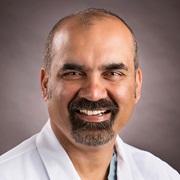
Shekar Kurpad
Chairperson
Froedtert & the Medical College of Wisconsin
Milwaukee, USA

Brian Kwon
Past Chairperson
University of British Columbia
Vancouver, Canada
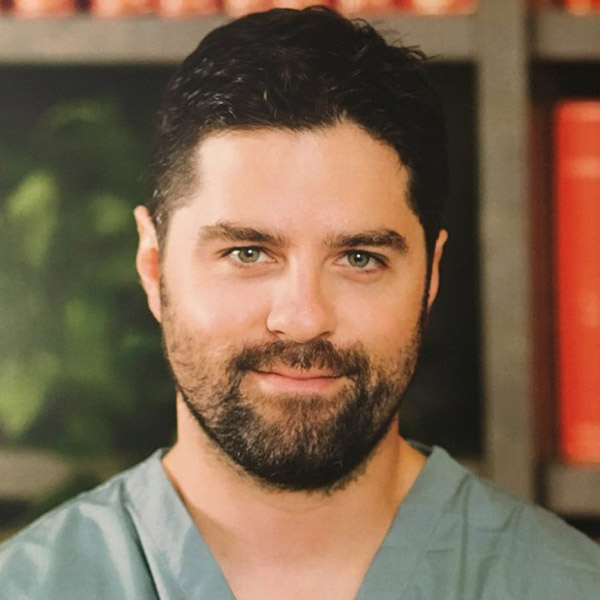
Jefferson Wilson
University of Toronto
Division of Neurosurgery
Toronto, Canada

Lukas Grassner
Paracelsus Medical University
Salzburg, Austria
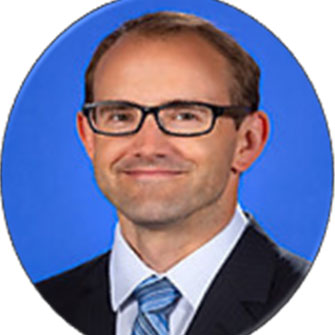
Allan R. Martin
University of California
Davis, CA, USA
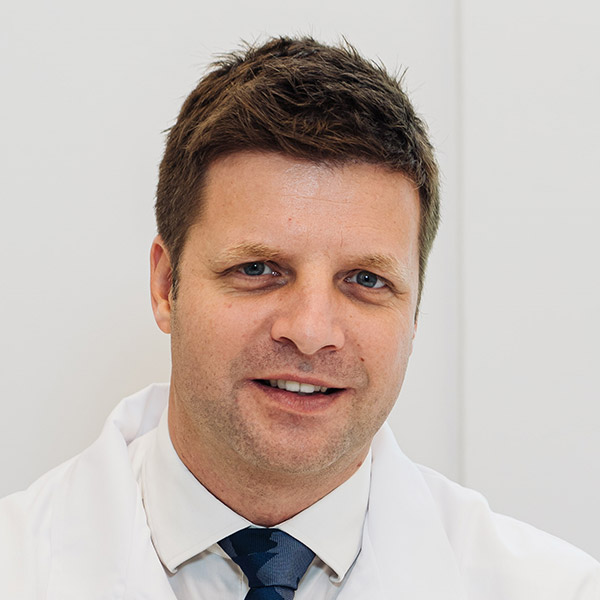
Ricardo Rodrigues-Pinto
University of Porto
Porto, Portugal
KF Spinal Cord Injury (SCI) Advisory Board

Bizhan Aarabi
University of Maryland
Baltimore, USA

James Harrop
Thomas Jefferson University
Philadelphia, USA

Michael Fehlings
University of Toronto
Toronto, Canada

Mark Kotter
University of Cambridge
Cambridge, UK
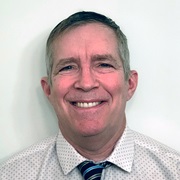
James Guest
University of Miami
Miami, USA
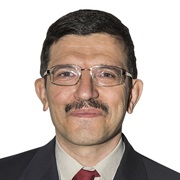
Vafa Rahimi-Movaghar
Sina Trauma and Surgery Research Center
Tehran University of Medical Sciences
Tehran, Iran
-
KF SCI Associate Members
Nitin Agarwal, University of Pittsburgh Medical Center, Department of Neurological Neurosurgery, Pittsburgh, PA, USA
Aminul Ahmed, King's College London, London, UK
David B. Anderson, School of Health Sciences, Faculty of Medicine and Health, The University of Sydney, Sydney, Australia
Paul Arnold, Loyola University Medical Center, Chicago, USA
Jetan H. Badhiwala, Division of Neurosurgery, Department of Surgery, University of Toronto, Toronto, Canada
Benjamin Davies, University of Cambridge, Cambridge, UK
Anthony DiGiorgo, University of California, San Francisco, CA, USA
Ryan O’Hare Doig, South Australian Health and Medical Research Institute, Adelaide, SA, Australia
Nathan Evaniew, Foothills Medical Centre, University of Calgary, Calgary, AB, Canada
Farzin Farahbakhsh, Tehran University of Medical Sciences, Tehran, Iran
Mario Ganau, Oxford University Hospitals NHS Foundation Trust, Oxford, UK
Daipayan (Deep) Guha, McMaster University Hamilton, ON, Canada
Yoon Ha, Severance Hospital College of Medicine, Yonsei University, Seoul, Korea
Nader Hejrati, Cantonal Hospital St. Gallen, St. Gallen, Switzerland
Christoph Hofstetter, University of Washington, Seattle, WA, USA
Vanessa Hubertus, Charité - Universitätsmedizin Berlin, Berlin, Germany
Paul Koljonen, Queen Mary Hospital, The University of Hong Kong, China
Rex Marco, Houston Methodist Hospital, Houston, TX, USA
Konstantinos Margetis, The Mount Sinai Hospital New York, USA
Andrew Milby, Emory University, Atlanta, GA, USA
Hiroaki Nakashima, Nagoya University Graduate School of Medicine, Aichi, Japan
Chris Neal, Walter Reed National Military Medical Center-Bethesda, Bethesda, MD, USA
Aria Nouri, Geneva University Hospitals, Geneva, Switzerland
Lindsay Tetreault, NYU Langone Health, New York, NY, USA
Aditya Vedantam, Medical College of Wisconsin, Milwaukee, WI, USA
Paula Valerie ter Wengel, Haaglanden Medisch Centrum, Haaglanden, Netherlands
Carl Zipser, Spinal Cord Injury Center and Department of Neurology and Neurophysiology, Balgrist University Hospita,l Zurich, Switzerland
Caroline Treanor, National Neurosurgical Service, Dublin, Ireland
Charles André Carazzo School of Medicine, University of Passo Fundo / São Vicente de Paulo Hospita, Passo Fundo, Brazil
Guisela Quinteros Rivas, Department of Orthopaedics and Spine Surgery, Clínica Alemana de Santiago & Hospital Regional de Talca Universidad del Desarrollo, Santiago, Chile
Kabir Abubakar, National Orthopaedic Hospital Dala, Kano, Nigeria
Mahmoud Fouad Ibrahim, Assiut University Hospital, Assiut, Egypt
Juan José Zamorano Pérez, Clínica Alemana de Santiago and Hospital del Trabajador-ACHS, Santiago, Chile
Adetunji Toluse, Department of Orthopaedics and Trauma Surgery, National Orthopaedic Hospital, Lagos, Nigeria
Jiang Lei, Singapore General Hospital/Duke-NUS Medical School, Singapore, Singapore
Oliver Mowforth, Division of Neurosurgery, Department of Clinical Neurosciences, Addenbrooke’s Hospital, University of Cambridge, Cambridge, England
Knowledge Forum Manager
Other Knowledge Forums

“We are defining critical knowledge gaps that represent areas of research in the future. We’d like to see this lead to changes in clinical practice, improved outcomes, and changes in society with better access to care.”
Michael Fehlings


